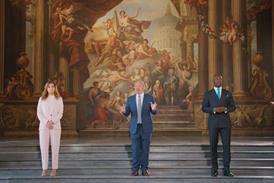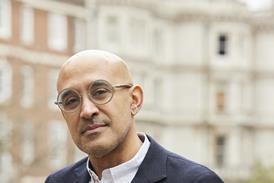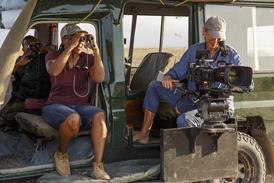Will changes to funding damage or revolutionise this key resource?
“As a hostage in Lebanon in the late ’80s, sitting with a radio pressed to my ear and hearing the words ‘This is the World Service of the BBC’, I would feel an enormous surge of hope and reassurance.” So begins John McCarthy in his report into the future of the global station.
After five years in captivity, McCarthy has, as others such as Aung San Suu Kyi have more recently, developed an emotional connection to “a lifeline” that few of us can imagine. So it is of little surprise that his report is so campaigning in spirit and argues so passionately for the World Service’s crucial role in a globalised world.
But while the debate so far has focused on the cuts, resulting in the closure of the five language services and the loss of 540 staff, McCarthy asks a bigger question. With the biggest institutional changes in World Service history on the horizon, and deeper cuts being made to its funding, what does the future hold, once government funding is withdrawn after 2014?
While integration provides opportunities - cost efficiencies and editorial benefits resulting from one modern, multiplatform, global newsroom - many of the insiders and commentators McCarthy interviewed also note “serious concerns”, whether structural, cultural or financial.
It’s unlikely anyone would have attempted to integrate domestic, international and commercial operations, unless they were a politician. Indeed, whole BBC departments had spent a year planning how to lobby the Foreign Office for extra money until the rug was pulled from under them. As the report makes clear, it’s going to be a painful process that may take up to five years.
How safe the World Service will be once it is part of the larger BBC income pot is a major concern. The BBC has an enormous job on its hands to convince a sceptical public about the importance of foreign coverage, and the BBC Trust will have to balance the interests of one audience that pays for services with those of another that, by and large, does not. With internal PR and marketing already facing cuts, it’s a sitting duck for certain sections of the media.
And it’s not just the wider world that needs convincing. Staff, and particularly management, must battle to prevent the domestic news agenda from swamping international. It’s already apparent how the World Service has slipped down the agenda as the job of running Bush House has slipped down the BBC hierarchy.
However, even if strong leadership exists, it is insufficient to safeguard the World Service’s future, particularly given the inevitable jobs merry-go-round. Considering the heavy price it has had to pay as a result of the hastily agreed licence fee settlement, ring-fencing resources and even constitutional protection is surely the least it deserves.
Lisa Campbell is editor of Broadcast

























No comments yet